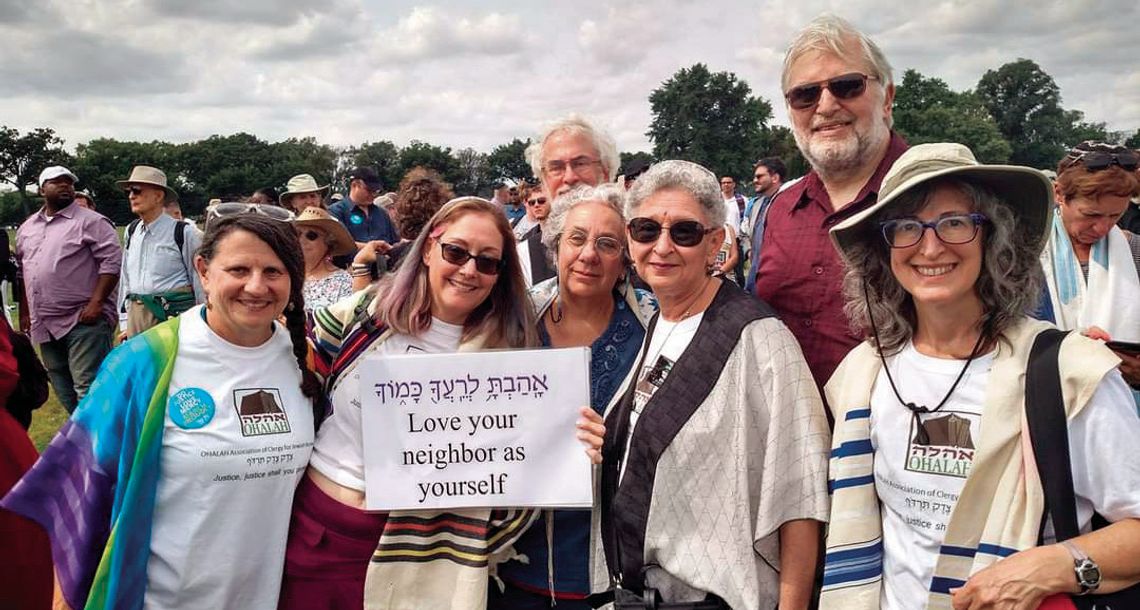When Jesus was asked by his students, “Rabbi, which is the greatest commandment in the Torah?” Jesus replied with a quotation from Devarim (Deuteronomy): “’Love the Lord your God with all your heart, with all your soul, and with all your might.’ This is the first and greatest commandment. And the second is like it: ‘Love your neighbor as yourself.’ All of Torah and the Nevi’im (prophets) hang on these two commandments.” (Matthew 22:36-40) In other words, loving God and loving the stranger are inseparable teachings. Jesus’ answer comes from the very heart of his Judaism.
The commandment to love your neighbor is widely held as the most important ideal in the Jewish religion. The most often repeated commandment in the Torah (the Five Books of Moses or Pentateuch) is to love and help (not wrong) the stranger. 'Commandment' is a poor translation of mitzvot, the term used in the Hebrew Bible and here by Jesus. A better understanding is 'connection.' The Torah speaks to us about connecting with the divine and with the human family through a series of sacred actions called halakha, 'the way to walk' (move through the world), known as Jewish law.
This teaching – to expand our generosity and care to all – is common to Baha'i, Buddhism, Christianity, Hinduism, Islam, Jainism, Judaism, and Sikhism, and other traditions. Today, the teaching to love the outsider is being put to the test. It is challenged by a cultural climate that tells us to do the opposite: fear the stranger, turn the stranger away. Leviticus demands better of us: “The outsider who resides with you shall be to you as one of your citizens; you shall love him as yourself, for you were strangers in the land of Egypt.”



